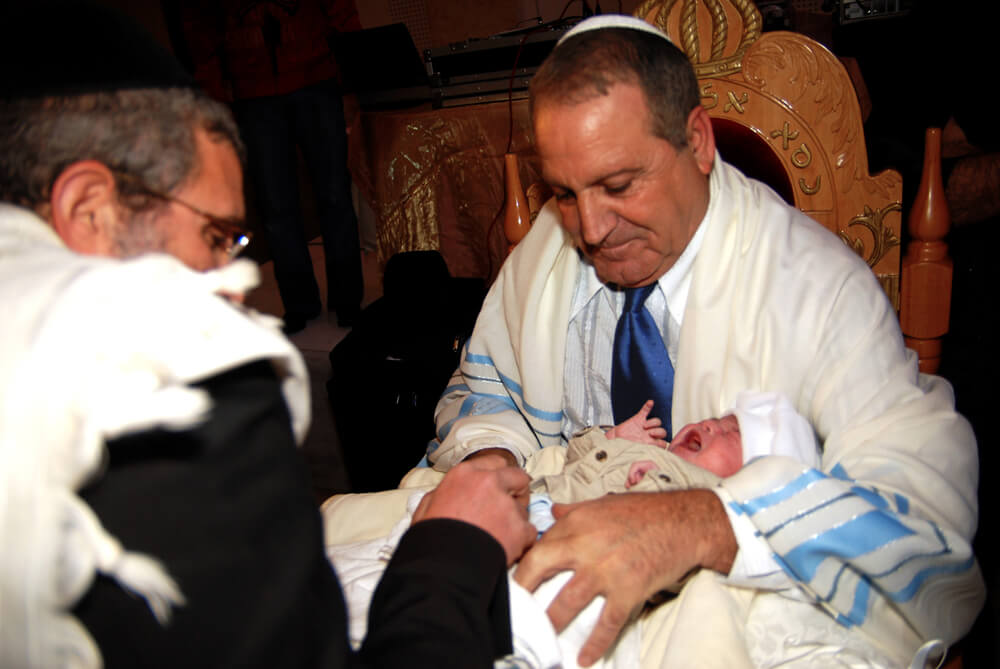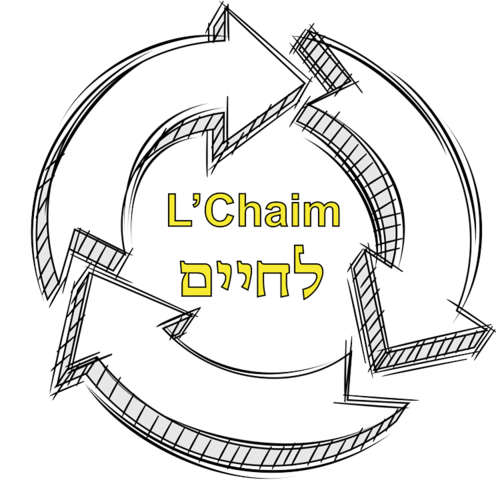Ritual Throughout the Cycle of Your Life at Shir Ami
The clergy at Shir Ami are here to guide you through the Jewish rituals that mark the various stages of life. From the joy of a B'rit Bat to the solemnity of Minyan, and all the meaningful moments in between, each ritual holds deep significance for your family.
Some rituals are intimate, meant for close family and friends, while others are larger celebrations for the whole community. Regardless of the size or nature of the occasion, we are dedicated to making each ceremony special and personal for you and your loved ones.
B’rit Milah (Bris) | for boys
B’rit Milah, the Covenant of Circumcision, is a sacred Jewish tradition performed on the 8th day of a baby boy’s life. It marks his entry into the Jewish covenant.
Ceremony Details:
-
Mohel: A trained professional performs the circumcision.
-
Clergy: Optional spiritual blessings can be included.
-
Location: Typically held at home or in a synagogue.
Hospital Circumcisions:
Hospital circumcisions do not fulfill the religious requirements of a B’rit Milah. For guidance, contact our clergy team.
Hospital circumcisions do not fulfill the religious requirements of a B’rit Milah. For guidance, contact our clergy team.

B’rit Bat | for girls
A B’rit Bat ceremony welcomes a baby girl into the Jewish covenant. While not standardized like B’rit Milah, it offers a meaningful way to celebrate her birth.
Ceremony Details:
-
Timing: Often on the 8th day, or within a few weeks after birth.
-
Rituals & Blessings: Includes prayers and traditions similar to B’rit Milah.

Baby Naming
A baby naming ceremony bestows a Hebrew name and celebrates a child’s Jewish identity.
Ceremony Details:
-
Timing: Typically within 30 days of birth.
-
Rituals & Blessings: Led by clergy, includes readings and prayers.
-
Location: At home, synagogue, or during a Shabbat service.

Naming Ceremony
For children or adults who did not receive a Hebrew name at birth, a brief ceremony can be arranged with our clergy.
Important Note on Covenantal Ceremony
B’rit Milah and Simchat Bat affirm a commitment to raising a child in the Jewish faith. They cannot be combined with religious ceremonies from other traditions.
B’rit Milah and Simchat Bat affirm a commitment to raising a child in the Jewish faith. They cannot be combined with religious ceremonies from other traditions.
For more details, contact Rabbi Briskin.
Consecration
This ceremony marks the start of a child’s Jewish education, celebrated during Simchat Torah with our first-grade students.
Eligibility: Children must be enrolled in Shir Ami Religious School.
Bar and Bat Mitzvah | (B.mitzvah)
At age 13, students celebrate their b.mitzvah, signifying their full participation in Jewish life.
Eligibility & Preparation:
-
Enrolled in Shir Ami Religious School.
-
10-month preparation with tutors and clergy.
Ceremony Details:
-
Typically held Saturday at 10:15 AM in the Abraham-Swerdlow Sanctuary.
-
Offsite services require separate tutoring; Shir Ami clergy do not officiate offsite.
B.Mitzvah Program Portal: Visit for full requirements and timelines.
Confirmation
Students continue Jewish education through 10th grade, culminating in a Confirmation ceremony.
Curriculum: Blends classroom learning, service projects, and experiential education.
Ceremony: Held in May, students lead a service reflecting their Jewish growth.
Wedding
Shir Ami clergy officiate weddings for members and non-members.
For Members: Clergy services included.
For Non-Members: Available for an honorarium.
For Non-Members: Available for an honorarium.
Pre-Wedding Counseling: Couples meet with clergy 4-5 times. Rabbi Briskin uses the Prepare & Enrich program.
Inclusivity:
-
Officiation for interfaith couples committed to a Jewish life.
-
Clergy do not co-officiate with other religious leaders.
-
Marriage equality fully supported.
Illness
Shir Ami clergy provide support for those facing illness.
Support Includes:
-
Hospital visits and spiritual guidance.
-
Caring Committee outreach.
-
Weekly healing prayers (Refuah Shleimah) upon request.
Hospitals do not notify us of congregants' admissions. Please contact us directly.
Death and Mourning
Our clergy offer guidance and comfort during times of loss.
Immediate Steps:
-
Notify the mortuary (e.g., Goldsteins' or Levine & Sons).
-
Inform immediate family.
-
Contact Rabbi Briskin or Cantor Berlin.
Funeral & Shiva:
-
Funerals are typically within 24-72 hours.
-
Clergy assist with service planning and shiva minyans.
-
Trained volunteers can lead services if clergy are unavailable. RESOURCES FOR MINYAN LEADERS
Ongoing Support:
-
Loved ones' names recited for 30 days (Sheloshim) and on Yahrzeit anniversaries.
-
Clergy can lead unveiling ceremonies or provide text for self-guided services.
For guidance, please reach out to our clergy team.
Fri, October 31 2025 9 Cheshvan 5786



